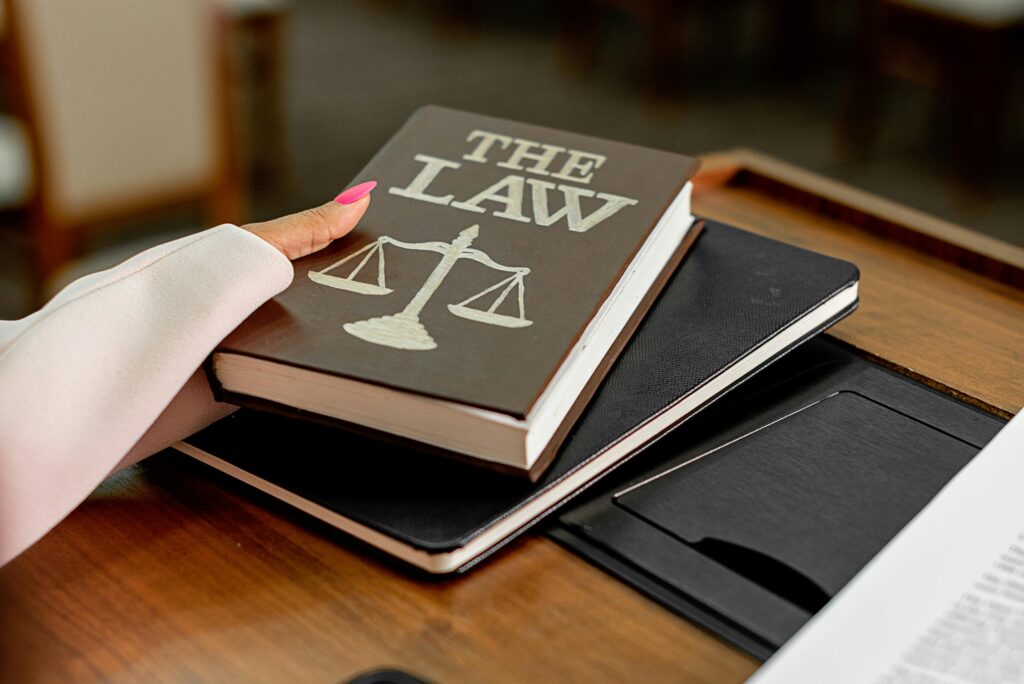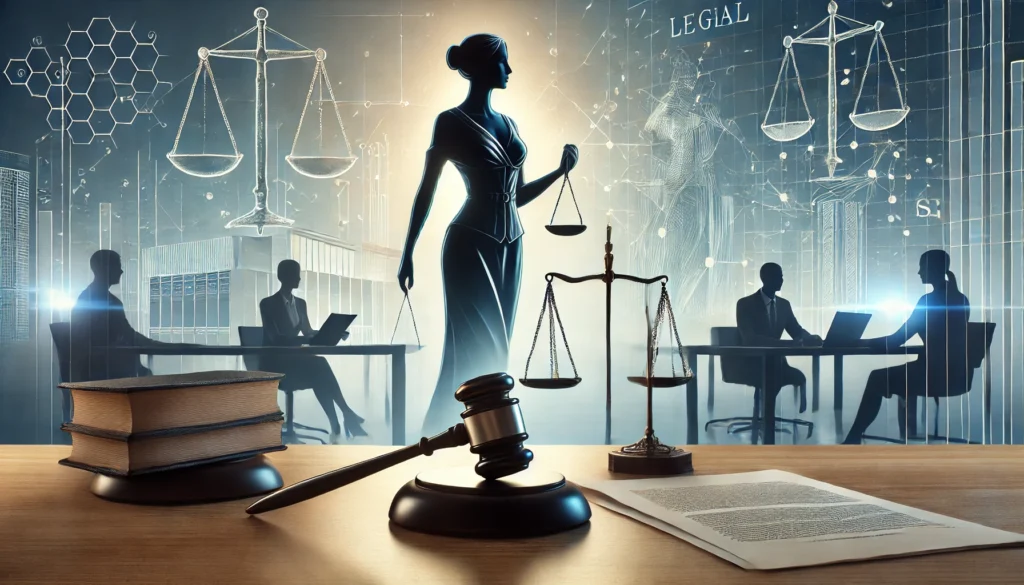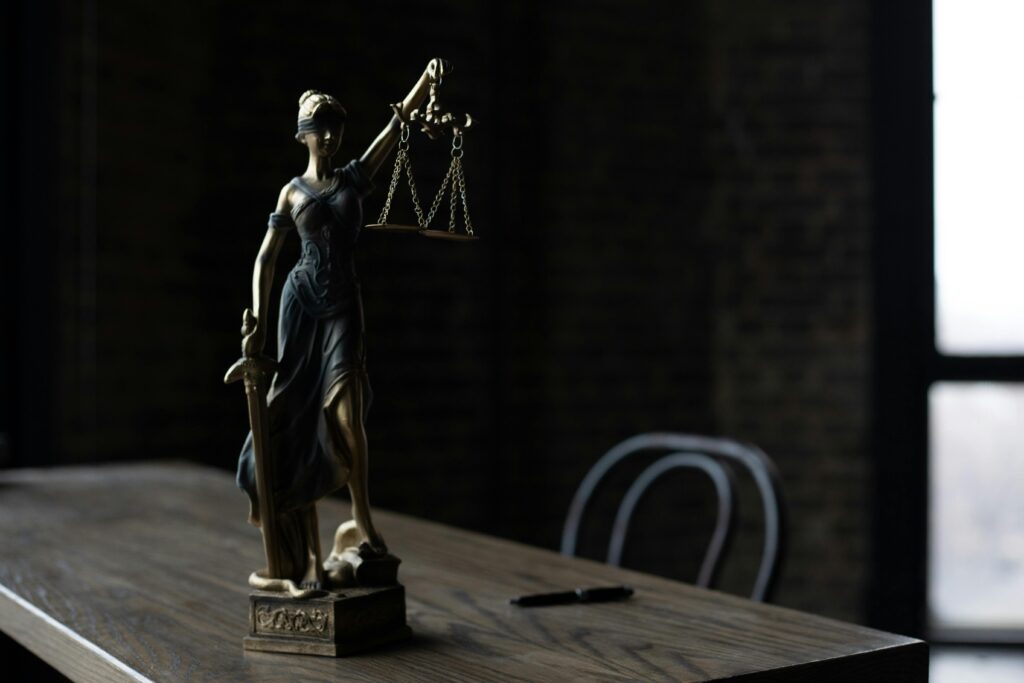Published on 28th March 2025
Authored By: Shriya Rajput
Amity university, Lucknow
Abstract
This article has two wings – the right to reputation and the right to freedom of speech- and the need to strike an appropriate balance between them.
Defamation is a legal concept that describe the act of communicating and creating untrue statement or information about someone to a third parties, which cause damage or harm their reputation. It can be classified into two types: civil defamation and criminal defamation. The tort of defamation includes both libel (written) and slander (spoken).
In Indian legal system misuse the laws of defamation for political gain or to quietly critics the opponents.
The paper acknowledges the concept of defamation, application of laws in India, landmark cases; including recent case of Rahul Gandhi, a prominent politician faced a defamation suit for corruption allegation. The discussion of the paper explores the need of balancing the both rights, gap in implementation of laws, fostering a solution for balancing the rights, and informed discourse on among the top pressing issues of our time.
Keywords: Defamation, Reputation, Laws.
Introduction
Defamation is a civil wrong as well as criminal offence, they govern by Bhartiya Nyaya Sanhita, 2023 and civil law of tort respectively. The BNS define the defamation in section 356, the act to injustice with someone’s reputation through expression of thought, signs, or visible actions. The tort of defamation includes both libel (written, print pictures or otherwise) and slander (spoken or gestures). The punishment is imprisonment for up to two years and/or a fine or community service.
It is important to note that the right to freedom of speech and expression is a fundamental right and mention under Article 19(1)(a) of the Indian Constitution. It includes the right to express though speech, writing, printing, visual representation, electronic media etc.
However, this right to freedom of speech and expression is not absolute and Article 19(2) of the Indian constitution provides a reasonable restriction which includes right to reputation[1], it protects the sovereignty and integrity of the country or reputation of others.
Article 19(2) impose restriction by states on the following grounds: –
- Security of the State (Constitution of India, Art. 19(2)(a)):
Restricts the speech which threatens the security or sovereignty of the state.
- Friendly Relations with Foreign States (Constitution of India, Art. 19(2)(b)):
Any speech that might harm India’s relations with other countries can be curtailed
- Public Order (Constitution of India, Art. 19(2)(c)):
Restricted the speech which disturbs public incites, violence and disorder.
- Decency or Morality (Constitution of India, Art. 19(2)(d)):
Speech that is considered obscene or immoral can be restricted
- Contempt of Court (Constitution of India, Art. 19(2)(d)): Restricts the speech which undermines the authority or dignity of the judiciary.
- Defamation (Constitution of India, Art. 19(2)(f)).
Restricts the speech which harms the reputation of individuals or entities Incitement to an Offense.
- Incitement to an offence (Constitution of India art.19(2)(g)
Curtailed the speech which incites individual to commit crimes or engage in unlawful activities.
- Sovereignty and Integrity of India (Constitution of India, Art. 19(2)(h)).
Restricts the any speech which threatens the unity and integrity of the nation.
All these restrictions have aim to balance the freedom of individuals with the mutual interest of society, ensuring that the exercise of free speech does not hurt[2].
Gap Identification and Suggestions
- Luxurious Definition of Defamation:
Gap: – the definition is exegeted in nature. The law fails to differentiated between “private individuals” and “public figures.” Consequently, it leads to ‘self-censorship” and expression of view made about public figures or the government are often act towards the same as statements about private individuals, leading to an unevenness in the scope of free speech protections.
Suggestion: – The interpretation of defamation in the constitution of India should be differentiated between private individual and public figure and narrow the scope of definitions. Public figures, includes activists or social reformer, politicians, and government officials, should be afforded a lesser standard of protection against defamation, given the greater public interest in allowing critical discourse. Furthermore, the definition of ‘imputation’ should exclude “expressions of opinion” or “fair comment” that are made in good faith and do not assert facts.
- Nonappearance of specific provisions for digital defamation:
The current defamation law was drafted before the rebel of digital age. Present law for defamation does not highlights its own failure to take necessary actions; like social media platform for distributing the defamatory content which troubling the worldwide internet.
Suggestion: – Law should be amended including specific provisions, which will account for digital defamation and there is need to differentiated between online and offline speech to mitigate the disproportionate impact of defamation in the digital sphere
- Burden of proof on the defendant: –
Gap: – defendant need to demonstrated he truthfulness of the expression of view.
Suggestion: – The law can impose the tool in defamation case is “reverse the burden of proof.” Now, complainant have burden to proof the nature of statement is defamatory and causing injustice or harm to their reputation.
The defendant only needs to demonstrate that the statement has made in good faith.
- Amendment is punishments of defamation offence
Gap: – The prescribed punishment of defamation under bns is imprisonment of 2 years and community service which still not imposed and fine.
Fine can not meant to repair the image of persons. Reputation is not matristic’ s so it cannot repair with matristic things.
Suggestion: – defamation law is meant to repair reputation it is not mean to settle the scores or personal vendettas.
- Vague Standards for Harm to Reputation:
Gap: the law does not provide a clear standard for evaluating what constitutes harm to reputation. The provision fails to define the nature of harm and lacks specificity in identifying what types of reputational damage justify a claim for defamation. Moreover, the concept of “imputation” is not always clearly distinguishable from an ‘opinion’ or ‘commentary.’
Suggestion: – Firstly, raise the question to evaluates whether the statement is truly defamatory or Merly vague. This will assist in screen the case that are unlike to succeed and reduced the burden on courts.
Landmark cases
There have been several landmark cases related to defamation in India that have assisted shape the legal landscape of the country. Some of landmark cases are:
- Subramanian Swamy vs. Union of India (2016): In this case, the Supreme Court of India held that Section 499 and 500 of the IPC (356(1) &356(2) of BNS,2023), which deal with criminal defamation, do not violate the right to freedom of speech and expression guaranteed under the Constitution of India.
- Shashi Tharoor vs. Arnab Goswami (2017): In this case, the Delhi High Court granted an interim injunction restraining Arnab Goswami and his news channel from airing defamatory statements against Shashi Tharoor. The court held that the statements made by the defendants were prima facie defamatory and could not be allowed to continue.
- Subramanian Swamy vs. Union of India (2019), held that the provisions of criminal defamation in the IPC are not unconstitutional and do not violate the right to freedom of speech and expression. However, the court also identifies the need of maintain balance between the right to reputation with the right to freedom of speech and expression.
Current case
Rahul Gandhi, a prominent member of parliament, Lok Sabha. In 2023 Rahul Gandhi sues for the criminal defamation by the member of BJP for passing defamatory statement against him in a public rally, the statement is “why all the thieves have Modi surname”.
On March23,2023 the magistrate court convicted Rahul Gandhi. they held him guilty for criminal defamation and sentence of two years for imprisonment and disqualified form Lok Sabha. However, the court suspended his sentence, and grant a bail and allow his to appeal in high court.
The whole case involves in the controversy, with many allegations that it was an attempt to silence the opponent’s and retained from freedom of speech. Rahul Gandhi’s advocates argued that the statements made by him were part of political discourse and were made in public interest.
The case was a classic example of misuse of defamation laws for political gains. there have been many instances where defamation laws have been used as a tool to silence critics and opponents.
For example, in 2018, the editor of an online portal was sued for defamation by a BJP member for publishing a report alleging that the BJP member’s daughter had received preferential treatment in a government job. The case was widely involving in controversy as an attempt to curb freedom of speech and expression with silence the media.
Conclusion
The conclusion of an article discussing the balance between the right to reputation and the right to free speech should highlight the significate interplay between these two fundamental rights. On one hand, individuals have a right to protect their reputation from untrue statements that can cause harm their personal, professional, or social standing. On the other hand, free speech is vital for democratic discourse, encouraging the exchange of ideas and the ability to criticize and challenge societal norms, authorities, and individuals.
The key to balancing these rights lies in ensuring that defamation laws are applied fairly, with adequate safeguards in place to prevent misuse. While defamation laws should protect individuals from malicious harm, they should also be carefully crafted to avoid overreach that could suppress legitimate expression or stifle public debate. This balance is crucial in maintaining a healthy, open society where individuals can exercise their right to speak freely without fear of unjust repercussions, while also protecting people from harm caused by false and damaging statements. Therefore, both rights—reputation and free speech—must be carefully weighed in each legal case, considering the context, intent, and impact of the statements in question.
References
- Live Law.in
https://www.livelaw.in/top-stories/supreme-court-congress-leader-rahul-gandhi-conviction-stay-criminal-defamation-case-modi-thieves-remark-234384
- Indian Kanoon
- Justice Dipak Misra in Subramanian Swamy vs. UOI
- M.P Sharma &K.K. Verma, constitution of India (2009).
- Constitution of India, 1950, Art. 19(1)(a) and Art. 19(2).
- Indian Penal Code, 1860, §§ 499-500.
- Bhartiya Naya Sanhita, 2023, §§ 365(1) & 365(2)
- The Hindu
- BALLATPEDIA
https://ballotpedia.org/Landmark_cases_decided_by_the_Supreme_Court_of_the_United_States



